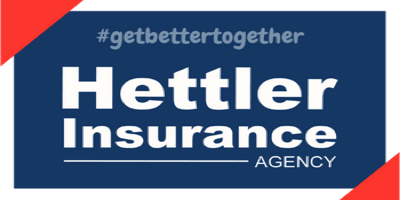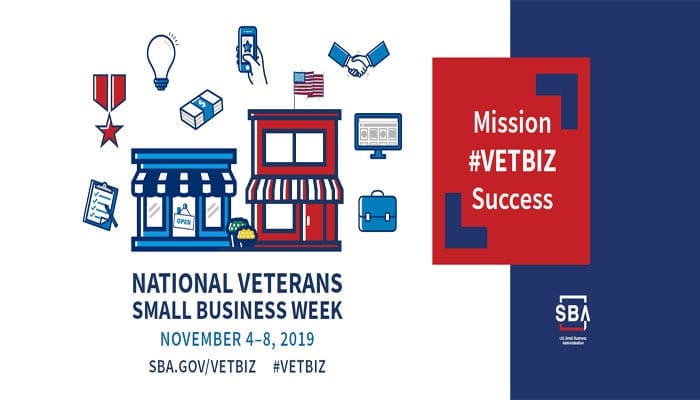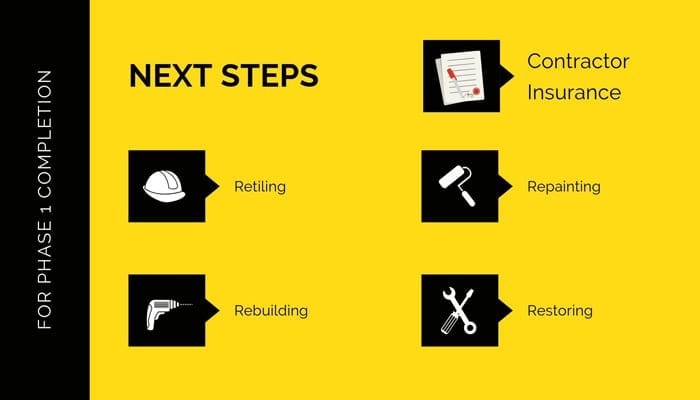
If you start reading about all the types of insurance on the market for a business, you might become overwhelmed. It’s a rookie mistake to forgo insurance, thinking coverage for a new business is an unnecessary expense.
Instead, let’s look at the minimum amount of insurance an entrepreneur should carry. Note the types and amount you should carry depend on your industry, location and the size of your business.
Medical – Essential
First, the basics. You already have health insurance, right? One big medical bill – and it seems like all medical bills are big these days – can put you out of business.
Even if you’re a young, healthy entrepreneur – get a health plan compatible with an HSA or high deductible savings account. As an individual, you can contribute up to $3,400 in 2017 which will actually lower your taxable income. Translation, you’ll be able to invest a sizeable amount each year tax free to be used in the future for medical expenses, and it will lower the amount your business will pay to Uncle Sam.
General Liability – Essential
Every business needs general liability insurance. This type of insurance protects your company’s assets and can pay for a wide variety of legal troubles, typically involving property and personal injury of a third party (i.e. customer, but not an employee).
If you’re a work from home startup, general liability insurance can also cover copyright violations, slander, libel and more. At a minimum, general liability should be considered to protect your personal assets from customers and competitors.
Expect to pay $750 to $2,000 in annual premiums, depending on how much insurance you need.
Property – Optional
Do you own a building? Or at least some computers? Either way, you’ll want to insure any personal property that’s necessary for running your business.
If you’re running a business out of an apartment or home, note that most renter’s and homeowner’s policies exclude business related assets up to $2,000. Property insurance is a no brainer for any business with product inventory stored at a personal residence. However, we recently insured a local pastor’s residence. The reason? He had a massive library of books necessary for this job that were worth far more than his homeowner’s policy.
Workers’ Compensation – Optional
If you have employees, Texas does not require workers’ compensation for private companies, yet you take a big risk without it. The risk is far greater if your new business involves physical labor.
Worker’s compensation protects employs on the job that are injured or face illness. Without coverage, you could be held liable for employee attorney expenses, injuries and death. Worker’s compensation also covers replacement wages if employees are unable to work due to injury.
If the business is just you, a policy can be purchased for a sole proprietor, but most entrepreneurs can opt out of this coverage.
Commercial Auto – Optional
Is a car part of your business? Company cars, delivery vans, and shuttles all need commercial auto insurance. Minimum liability coverage is set by each state and may be much less than you actually need. One big accident could fast track your personal assets to bankruptcy. Carry at least a million in liability and possibly more, depending on the size of your vehicular fleet and how crucial it is to your business.
Life – Optional
Do you have young children depending on your business success? If you are the sole bread winner, how much money would your family need if you were no longer alive? Enough to keep the roof over their head and food on the table, for starters.
Business Owners Package – Recommended
Many insurance companies can bundle relevant types of insurance together into one business owners package. For example, combining liability and property insurance. This could be a good deal, but examine a BOP closely. Be sure there’s a sufficient amount of coverage without throwing in anything unnecessary.
Specialty Coverage – Recommended
Your industry and region may dictate specialty types of coverage. Cyber liability has increased in popularity lately, to cover companies at risk of attack online. This type of insurance covers data breaches, such as angry customers suing you because hackers penetrated your system and harvested credit card numbers. Restaurateurs should consider food-borne illness insurance. And anybody who gives advice for a living – such as financial advisers, lawyers and, yes, insurance salespeople – may cover their practice with an errors and omissions policy.
Geography also comes into play. Consider whether your area is prone to flooding, hailstone damage, explosions, earthquakes, chemical spills or other natural disasters that require specialized property coverage.
Personalized Planning
Alas, there’s no simple answer to the minimum amount of insurance an entrepreneur should purchase. Just as each start-up is unique, so is the mix and amount of insurance you’ll need. Read all policies carefully, and seek out trusted advisors when navigating the insurance minefield.




